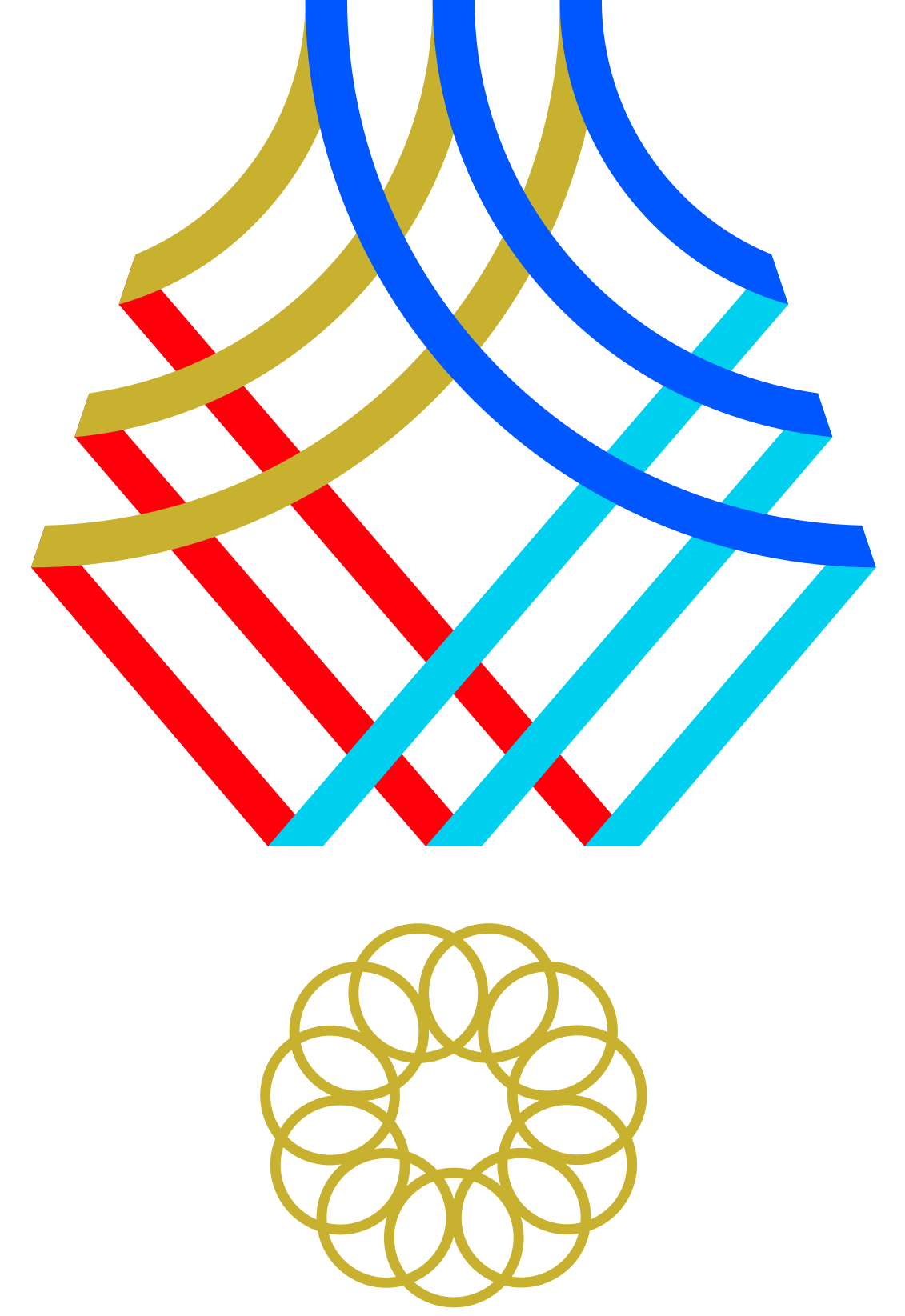BY Kamarul Bahrin Haron
THE GLOBAL and local media industry has been hit hard by the fast-growing new digital technology and big internet platforms even before the COVID-19 pandemic.
Many media organisations have gone under, and thousands of journalists have lost their jobs in many countries.
The economic constraints brought by COVID-19 locking down daily life including business and trade compounded a situation already dire. Advertising revenue shifted to the digital world following the major flow of content and people there.
Mainstream media pivoted digital, but it is a totally different realm with powerful global players in control of platform and content dissemination which gives them the bulk of the ADEX (advertising expenditure).
The COVID-19 pandemic restrictions reduced economic activity and expenditure further including ADEX. I should know, I had to leave the news media I had served since it began more than 14 years ago at the beginning of 2021.
Many people around the world now feel helpless. We wish we could do something to help end this global gloom of COVID-19. We are not in public health hence we are not frontliners at war daily with the dreaded virus.
We are not in scientific labs and pharmaceutical cutting-edge industry so we are not vaccine frontliners to develop and produce weapons against infections.
Well, for those in journalism I believe we are also frontliners.
Not as directly involved in lifesaving like in the ICUs (intensive care units) or like in the state-of-the-art pharmaceutical lab looking at nano-sized solutions to stop the virus.
But on an even more complex and mass level. Winning the battle for the hearts and minds.
Let’s recap what we have gone through and learned from this current pandemic era. We are living in unprecedented times indeed.
A nanometer-sized novel virus has emerged, spread, and forced lockdowns around the world for the second year running.
The COVID-19 pandemic has not only killed and hurt millions globally but also slowed if not halted many economic sectors.
‘Twindemic’ it is, impacting public health and the economy. But mankind is fighting back.
In record time, despite the complexities of novel frontier science technology, vaccines havebeen developed, manufactured, and distributed. Not equitably and fast enough as many would like but they are now a pivot for the centre of defence against sickness and death. Ideas of green bubbles ascending to rejuvenate people mobility essential for rebooting the economy into healthy growth again.
There are many things that we used to do that we cannot do for now while waves after waves of infections rage still. However, we can reflect and learn. So, we can do better in this second year of global sufferings.
For me, these hardships that we have had and are still facing, have clearly illuminated certain things. Fundamentally so.
For media and journalism, crystal-clear message. This is the time.
When journalism is needed the most. Strip away the politics of things.
Keep the partisanship away for a bit.
Just look at the basics. COVID-19 has no cure, yet.
The best defence is to keep the infections low or better yet, stop it totally from spreading.
Immunisation by vaccines can achieve this (herd immunity) but they have just been produced and rollouts will take time.
From countless scientific research work and peer-reviewed findings of virology and epidemiology, the required public health actions have been readily identified.
Stop the SARS-COV2 virus by reducing its population and ability to mutate. The virus needs hosts to infect for it to grow and replicate.
If it cannot move from one host to a new one, the virus will eventually die out.
So, stopping people from socialising and working together face to face or in close proximity, for example, is most effective containment measure.
Hence interactions of people are limited through lockdowns and movement control orders. Problem is, we are humans after all.
A hundred percent compliance is only as assured as the weakest link in hearts or minds or both.
Especially when the understanding and literacy of the rules and standard operating procedures (SOPs) are arguably uneven and divided across society in terms of awareness and acceptance.
Kamarul Bahrin Haron is no stranger to the broadcasting world. This storyteller has made a stellar career as a journalist/editor/anchor in the print, broadcasting and digital media industry of Malaysia. His last stint was that of an Editor-in-Chief at Astro Awani. Needless to say he has had a cornucopia of a 24-year journey in the media. There is always a tint of pride when one gets to see him speak with world leaders at the World Economic Forum in DAVOS, being a journalist who hails from Perlis, the northernmost and smallest state in Malaysia.
This article is also published on Taylor’s University SEARCH Journal of Media and Communication Research
Disclaimer: The views and opinions expressed in this article are those of the author(s) and do not necessarily reflect the position of TVS.








